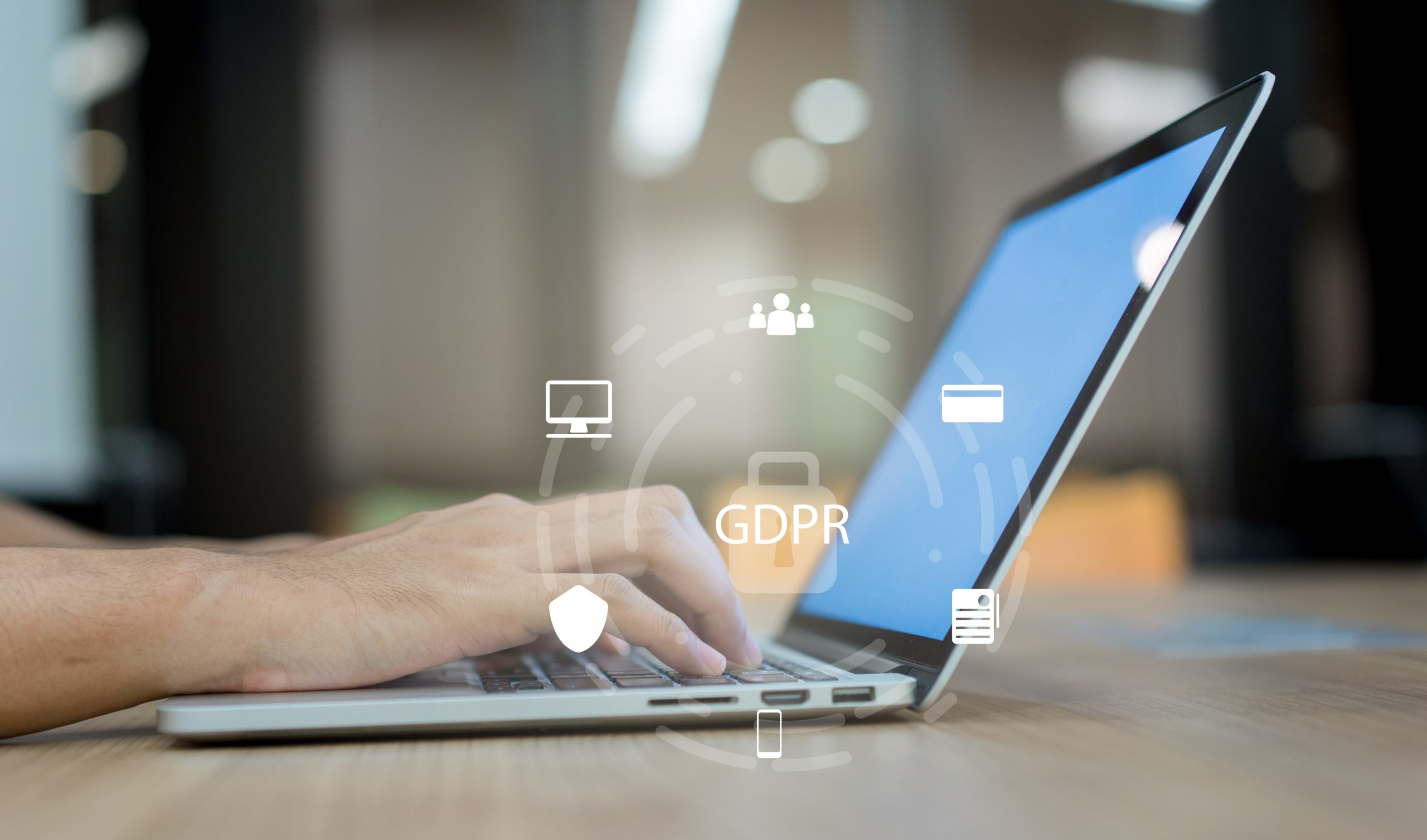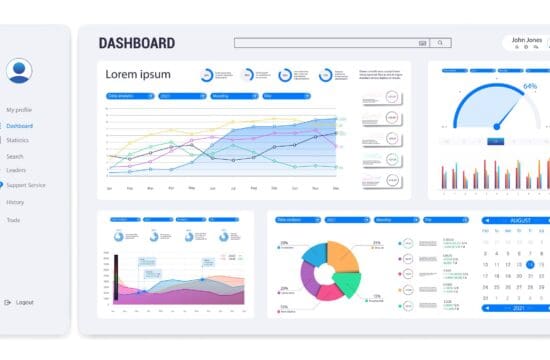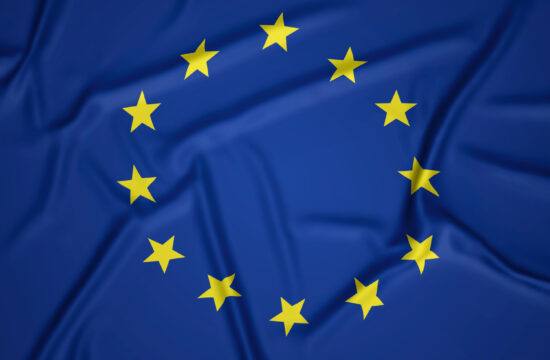Today, it is nearly impossible to imagine our life without the internet. From ordering a pizza, paying our bills, sharing crucial documents and information over emails to connecting with various people on social media, we use the internet everywhere. However, we have to enter our personal details to perform these tasks.
You must have encountered a situation where you got a random call from a service provider asking for your details in order to offer you better services or customer experience. However, have you ever wondered what happens with the information you share online? Is it safe to share your personal details?
According to a Statista report, approx. 37.2% of respondents stated that they had become victims of online banking fraud, whereas 69.7% of people reported that they had received fraudulent emails or phone calls asking for their personal details.
Since cybercrimes are on the rise and becoming a big threat to businesses and organizations globally, legislators in the EU have introduced data privacy laws, known as General Data Protection Regulation (GDPR), to eliminate data breaches. Regardless of the size and type, all businesses and organizations must follow the GDPR guidelines. Otherwise, they have to bear the consequences and pay a hefty fine.
So, what is GDPR? What companies are affected by GDPR compliance? So, without ado, let’s find out the answers to these questions.
What is GDPR Compliance?
The General Data Protection Regulation (GDPR) was implemented on May 25, 2018. It is a set of guidelines tailored for EU individuals that offer better control over their sensitive data and protect them from data breaches.
The primary goal of GDPR compliance is to create a safe digital environment for the companies and their customers in the EU and aid in protecting individuals’ privacy. Therefore, the GDPR guidelines need to be followed by every organization that stores the personal data of the EU residents, including B2B companies.
GDPR in EU – What companies are severely affected by this compliance?
Now that you have got an idea of what GDPR is – let’s understand what is the impact of GDPR on businesses?
Impact of GDPR on Social Media
Social media is one of the most affected sectors by GDPR. For instance, last year, due to the effect of GDPR, Facebook faced a penalty of $652,000 from the UK’s Information Commissioner Office (ICO) in the Cambridge Analytica scandal, which provided unauthorized access to personal information of over 145 million users to third-party applications.
As a result, social media users may have received emails from their social media websites notifying them about the several changes in their privacy policies.
So, what is the GDPR impact on social media? What are the GDPR guidelines for social media companies?
Well, according to GDPR rules,
- Social media companies have to disclose how your personal information will be used.
- They have to request full consent from the users to use their data outside the social media. However, users have the right to choose not to share some of their sensitive information.
- They must inform the users within 72 hours after a data breach is detected.
- They must use simple language in all privacy policies that everyone can easily understand. They can’t use technical and legal jargon.
- Now users have the “right to be forgotten.” It means that users can erase all their personal data from social media.
GDPR – Online Retail
GDPR urges online retail companies and digital brands to make some changes in their marketing strategies. And it becomes difficult for online retailers to grow due to the restrictions imposed by GDPR on sharing the user’s personal information to unauthorized parties.
However, these changes have a positive impact too as it allows online retailers to understand their customer needs and aids in building a trusting relationship with them.
Digital Banking
The effects of GDPR on the banking sector are significant as it has made customers’ privacy the primary concern. And the primary goal of GDPR is “incorporating privacy and data protection” considerations into all the sectors that use personal information, including the online banking sector.
Digital bank owners consider the GDPR as a costly affair that can impact other projects too. As a result, many bank owners feel hesitant to invest in GDPR.
However, there are enormous benefits of GDPR compliance. It includes:
- Opportunity for innovation: Since GDPR is much more than regulatory compliance, it offers digital banks better opportunities for investment and innovation. It can be considered a profitable strategy as it allows bank owners to make some bold decisions due to the integration of data protection. Also, it offers them expertise in technology and data.
- Ethical data handling: Maintaining an ethical approach to data in the digital banking sector is beneficial. Digital banks have rigorously compiled and implemented the GDPR to protect the sensitive data of their customers.
Cloud Computing
Last but not least, cloud computing companies are severely affected by the GDPR. Since cloud service providers handle various types of data, including classified data and sensitive information, this may fall into the hands of unauthorized parties and lead to a data breach.
Another challenge that most cloud computing companies face is the externalization of privacy. Organizations that use cloud servers expect that the privacy agreements that they have shared with their staff will continue to work. However, the rights of data owners may vary, especially if the cloud service provider’s operations are in many jurisdictions. Hence, it is vital to have a customized agreement with the cloud computing company regarding privacy commitments.
The Bottom Line
It’s been a year since the implementation of GDPR. There are many issues and concerns that arise while following the rigorous GDPR guidelines. However, GDPR also offers several opportunities that can bring innovation in a competitive marketplace.
Even if you’re into a different business that sells products in the EU market, you need to follow the GDPR guidelines. Otherwise, there are high chances that you have to face hefty fines.
So, it is always recommended to gain knowledge regarding GDPR compliance. If you’re a newbie and don’t know the impact of GDPR on us, contact someone who has experience with GDPR compliance.





















